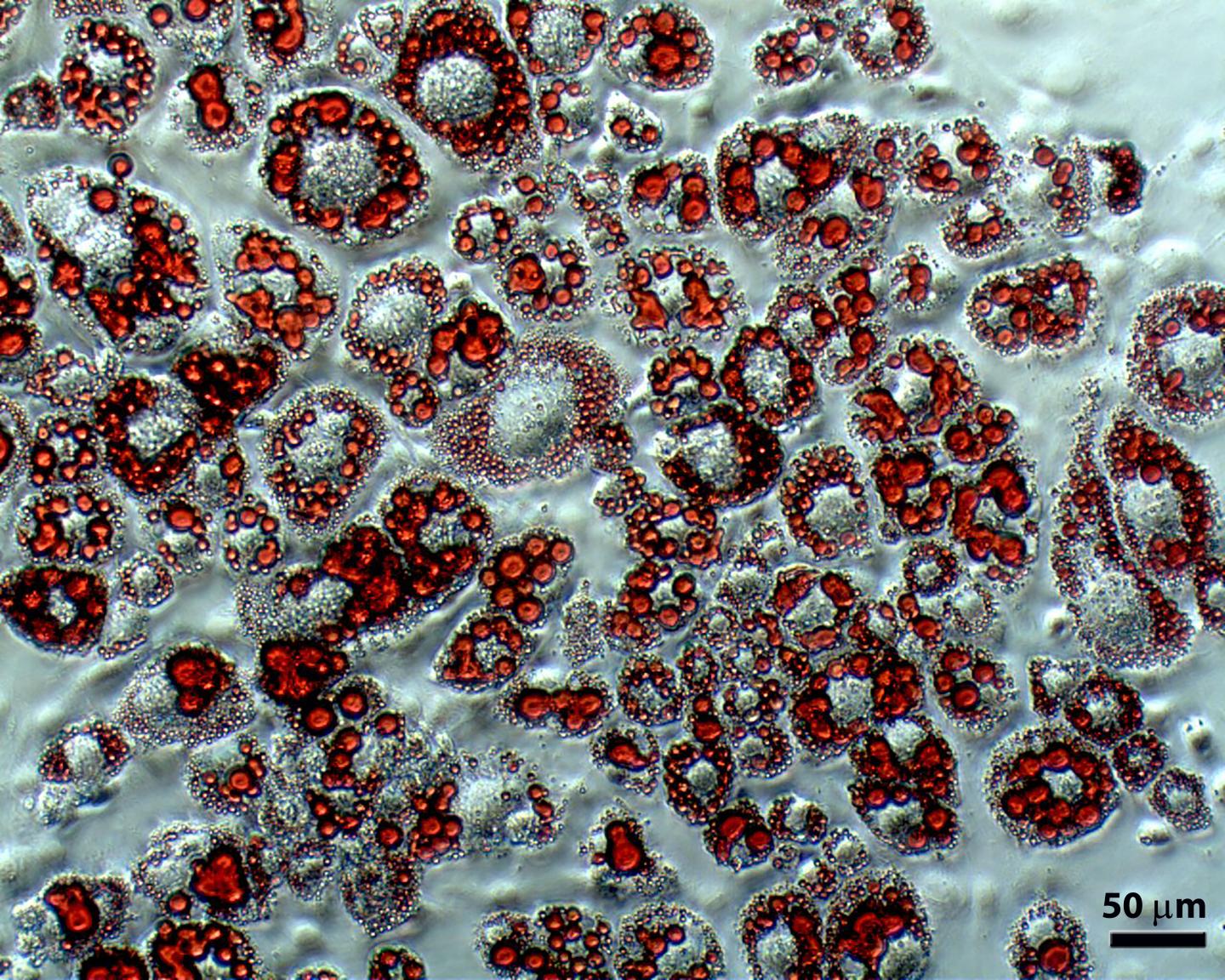
Researchers at the University of California, San Diego report new insights into what nutrients fat cells metabolize to make fatty acids. The findings pave the way for understanding potential irregularities in fat cell metabolism that occur in patients with diabetes and obesity and could lead to new treatments for these conditions. The researchers published their findings online in the Nov. 16 issue of Nature Chemical Biology.
"This study highlights how specific tissues in our bodies use particular nutrients. By understanding fat cell metabolism at the molecular level, we are laying the groundwork for further research to identify better drug targets for treating diabetes and obesity," said Christian Metallo, a bioengineering professor in the Jacobs School of Engineering at UC San Diego and senior author of the study. Metallo is affiliated with the Institute for Engineering in Medicine, the Moore's Cancer Center, and the CHO Systems Biology Center, all at UC San Diego.
In the new study, researchers discovered that as fat cells develop, they change what types of nutrients they metabolize to produce fat and energy. Pre-adipocytes, which are precursors to fat cells, preferentially consume glucose, a simple sugar, to grow and make energy. But when pre-adipocytes become fat cells, researchers found that they metabolize not just glucose, but also branched-chain amino acids, a small set of the essential amino acids for humans.
This finding is important because it shows that fat cells play an important role in regulating the body's levels of branched-chain amino acids — which are typically elevated in individuals with diabetes and obesity.
"We've taken a step towards understanding why these amino acids are accumulating in the blood of diabetics and those suffering from obesity," said Courtney Green, a bioengineering Ph.D. student at UC San Diego and first author of the study. "The next step is to understand how and why this metabolic pathway becomes impaired in the fat cells of these individuals."
Metallo and his team studied the metabolism of fat cells from the pre-adipocyte stage throughout the fat cell differentiation process. They induced pre-adipocytes to differentiate into fat cells and cultured the cells in media containing nutrients enriched with carbon-13 isotopes, a form of carbon atoms that are used as metabolic tracers in cells, animals, and people. Through this method, researchers were able to trace what carbon-based nutrients the cells metabolized and what they produced at different stages of the cell differentiation process.
"We are curious about how different cells in our body, such as fat cells, consume and metabolize their surrounding nutrients. A better understanding of how these biochemical pathways are used by cells could help us find new approaches to treat diseases such as cancer or diabetes," said Metallo.
###
This work was supported by the National Institutes of Health, the California Institute of Regenerative Medicine, the US Department of Defense, a Searle Scholar Award, and grants from the American Diabetes Association, the Medical Research Service, the US Department of Veterans Affairs and the VA San Diego Healthcare System, and Seahorse Bioscience.
Full paper: "Branched-chain amino acid catabolism fuels adipocyte differentiation and lipogenesis" by Courtney R. Green, Martina Wallace, Ajit S. Divakaruni, Susan A. Philips, Anne M. Murphy, Theodore P. Ciaraldi, and Christian M. Metallo. The paper was published online in the Nov. 16, 2015 issue of the journal Nature Chemical Biology.





